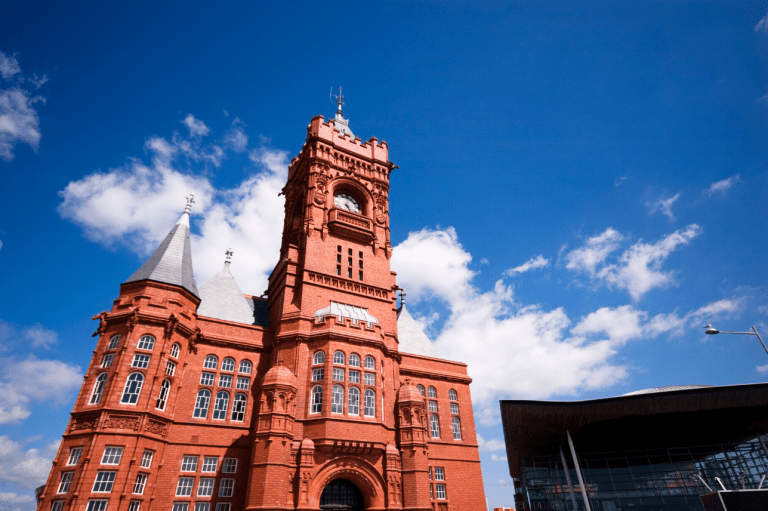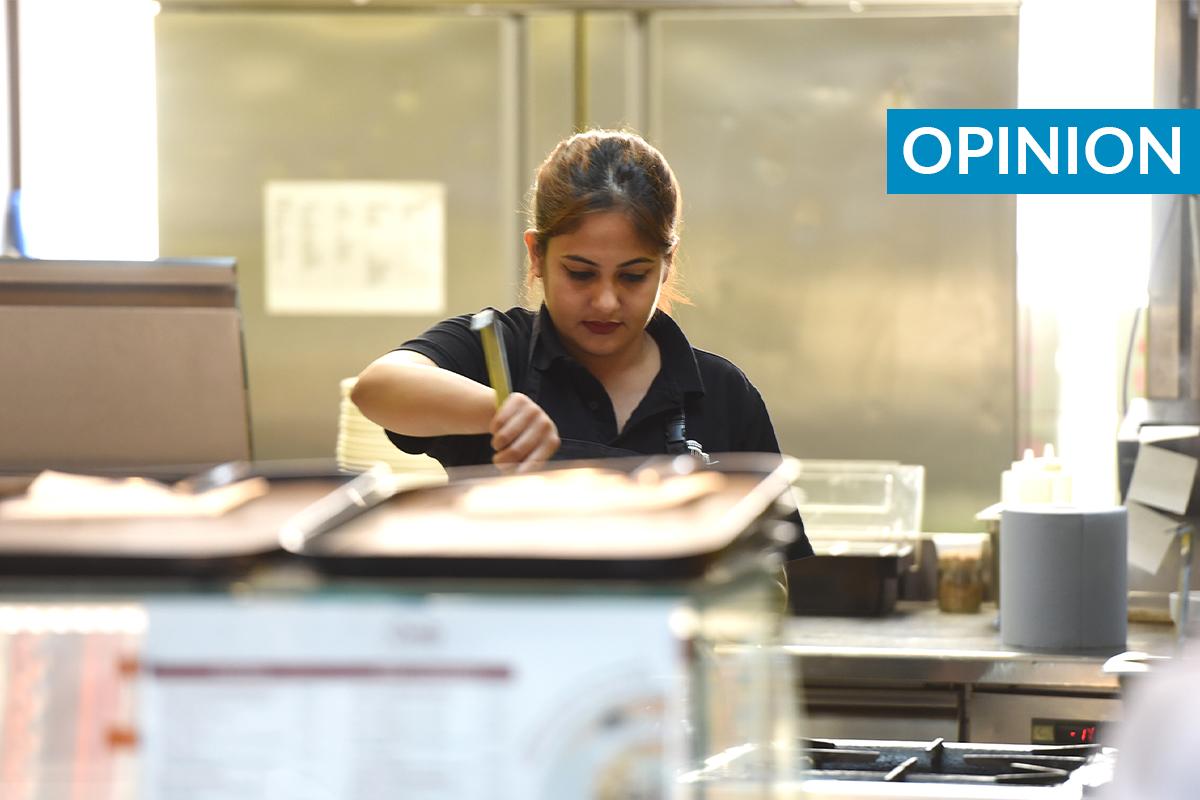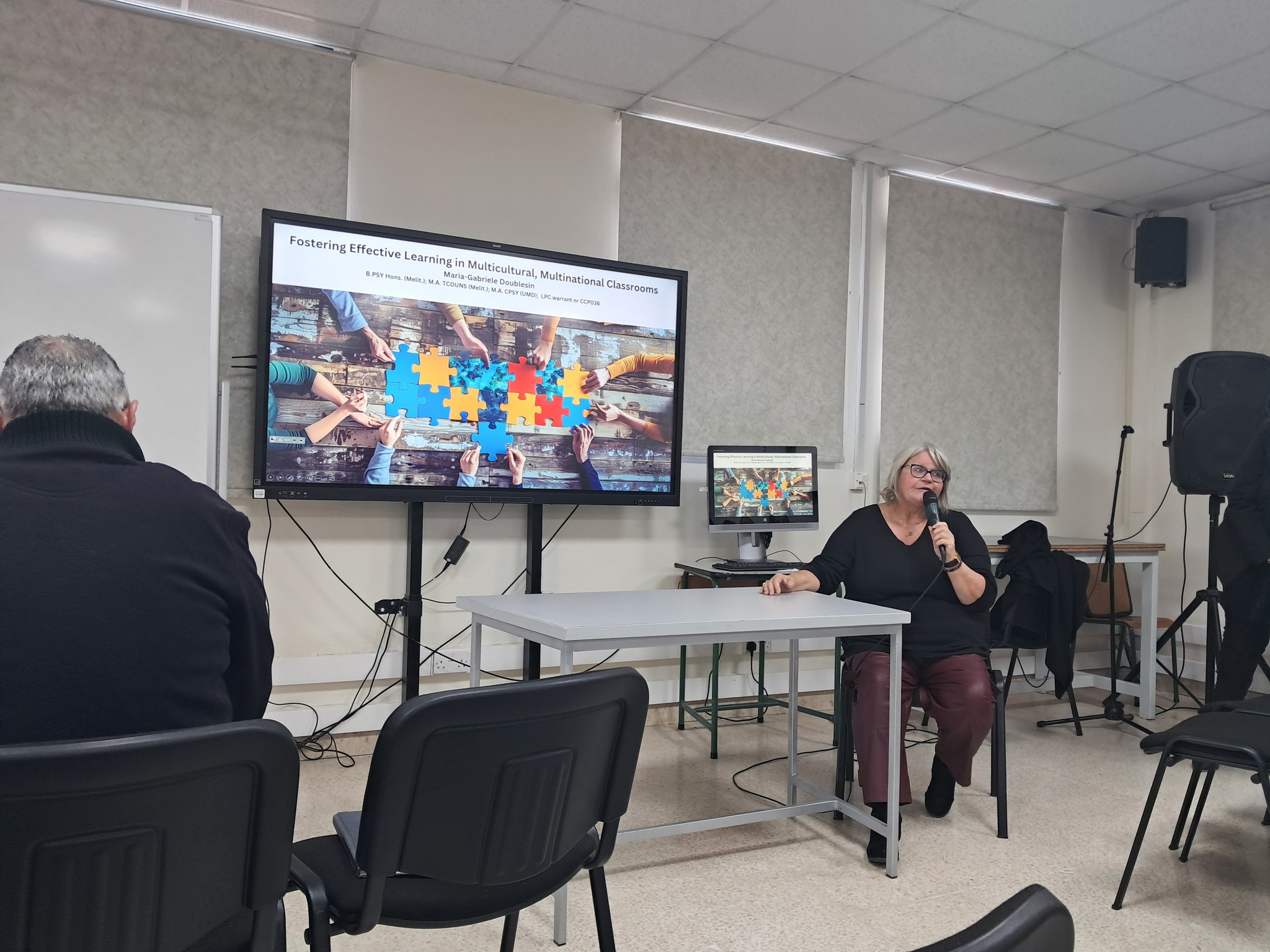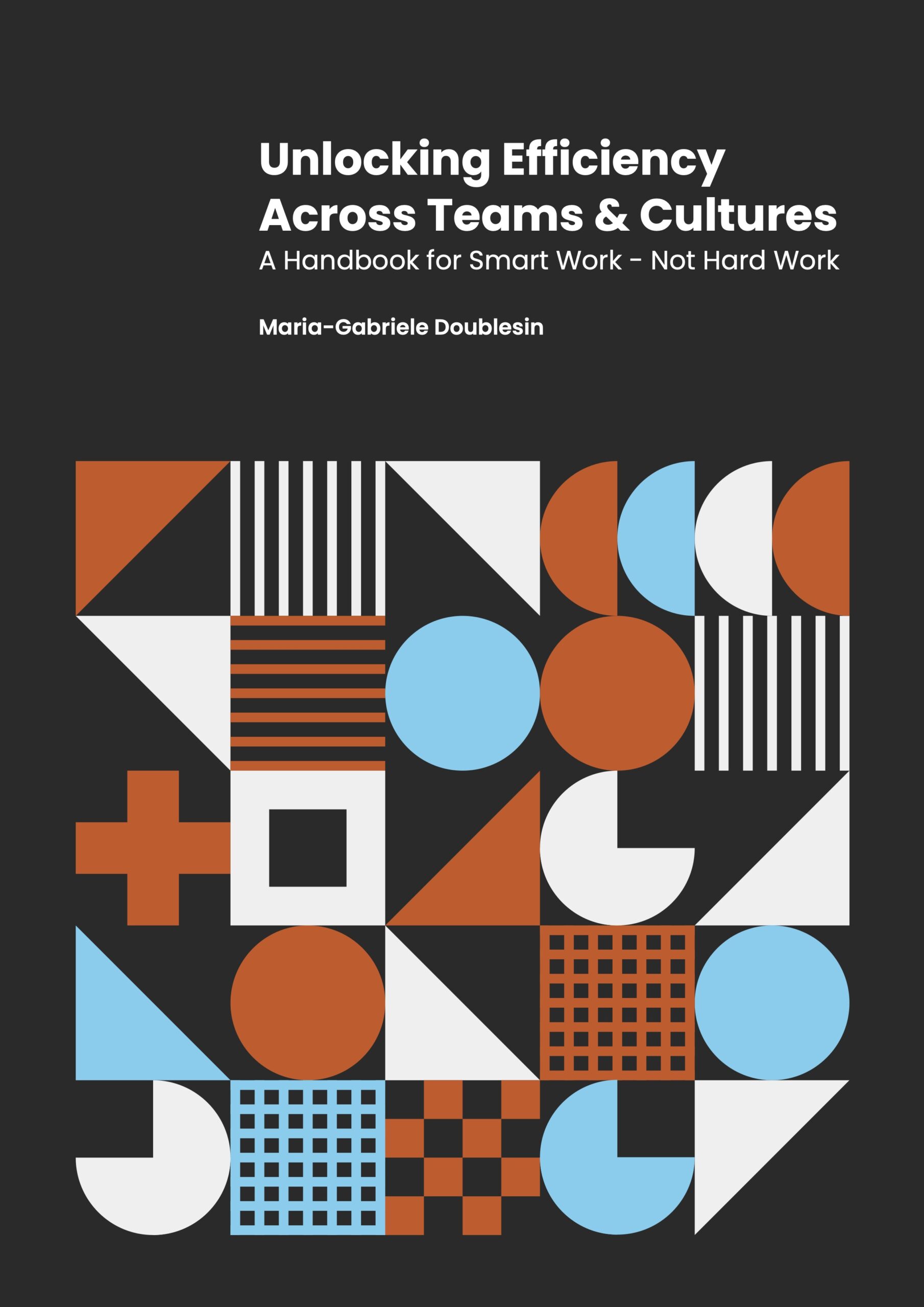Awareness of Multicultural Integration
2nd International Integration Day Cardiff Senedd, 9 October 2019
Good evening. Before I start, I would like to say a big ‘Thank You’ to Dr Roy and the organization of NWAMI for having me over. With your kind permission, I would like to extend a little bit on address by the Rt Hon. First Minister of Wales and reflect on the purpose of Awareness of Multicultural Integration. Multicultural Integration in simple terms is
just like when you’ve got coffee that’s too strong
So, what do you do?
You integrate it with cream
And you make it weak
But if you pour too much cream
You won’t even know you had coffee…
(Malcolm X)
This analogy reflects the two components of integration: Stability to the community on one hand and acculturation, not assimilation, on the other. Acculturation implies that native members of a host country share traits which immigrants still must attain. This is likely leading to a decrease in cultural diversity.
Like it or not, multiculturalism is a bed of beautiful roses full of thorns, so we just have to be careful not to get pricked or to prick one another.
Regardless the challenge, we have to acknowledge that we are living within a highly fluid multicultural society which is becoming even more diverse and as leaders, educators and service providers, it is our job to ensure everyone feels included and empowered in order to help community cohesion develop.
A cohesive community is one in which people will want to live and invest. A quality of community cohesion can be measured by how people feel about their local area, as it is also a measure of how well different minority and majority communities develop and relate to each other.
Therefore, promoting multicultural integration for building cohesion within and between communities is an essential step towards improving people’s quality of life.
It is important that we become aware of the fact that everyone of us has a cultural identity along every dimension of human diversity and it would help, if we start taking more responsibility for our own contribution to social oppression, but also to social wellbeing.
Multicultural integration raises the question who we are as people and how we relate to each other. Therefore
I would like end my brief note with some reflective thoughts. Please feel free to take them home with you:
What does it mean to me to be:
my race
my ethnicity
my gender
my social class
my sexual orientation
my age
my abilities
my status?
what unearned privileges have I enjoyed and for what reason?
I am Maria-Gabriele Doublesin and I thank you for giving me the privilege to share my thoughts with you today.
Good evening





